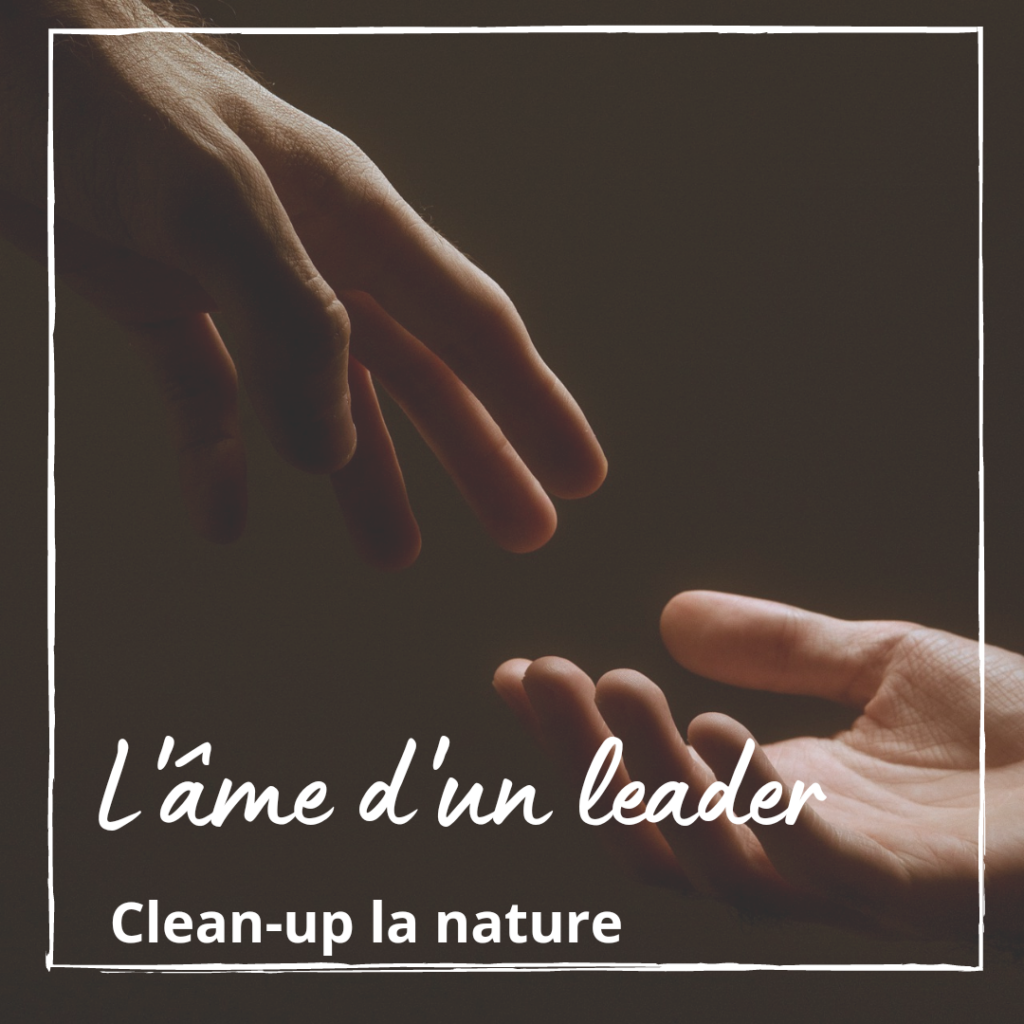
Become a leader
Faced with the challenge of the fight against climate change, a profound change in our lifestyles seems essential. However, the weight of habits is a major obstacle to behavior change. Many studies agree on the ability of life events to disrupt and modify daily routines.
Passing the course and becoming greener is not necessarily easy for everyone, especially for certain actions that require more personal / family investment... Being helped and inspired by a member of your entourage can be the trigger for change.
And we can never say it enough, there is strength in numbers.

Challenge those around me
A ton tour de mener la danse et de guider une équipe dans le défi Be Eco-Friendly. Que se soit entre amis, entre collègue de travail ou dans une même famille, deviens leader et partage ton expérience et tes découvertes pour sensibiliser autour de toi.
Tip : create a chat group to share photos; articles, discoveries to raise awareness and help you to carry out Eco-Friendly practices. And above all celebrate the end of the challenge between you. You can also offer a gift to the participant who has achieved the most points.
Passing the course and becoming greener is not necessarily easy for everyone, especially for certain actions that require more personal / family investment... Being helped and inspired by a member of your entourage can be the trigger for change.

Plan a clothes swap
It's time to put away and sort your clothes. Invite your friends and offer them to bring the clothes they no longer want and leave with new pieces, all without exchanging money.
Tips : 3 days before the swap date; ask participants to bring belongings to check their condition. Count the gears to give them a voucher with the number of clothes/accessories they can exchange.
Swapping is an innovative process to renew one's wardrobe and an environmental action by limiting "fast fashion" (mass production of cheap and poor quality disposable clothes).
To give an idea of the scale of the problem, the fashion industry produces 80 billion garments a year. That's more than 10 for every person on earth and 400% more than 20 years ago. And at the end of their life, the clothes are sent to third countries to be deposited in deserts such as Chile where 59,000 tons of clothes arrive each year.
Except that our clothes can take up to 200 years to decompose... our planet is therefore increasingly polluted by unnatural materials.

Plan a community cleanup day
You have the possibility of planning a cleanup day in a space that seems affected by the abundance of waste thrown in nature.
Tips : in the case of an action in the public space, contact the relevant department of the municipality where the event takes place.
For a smooth process: make sure that the volunteers always wear the gloves. Do not touch any hazardous or suspicious waste; notify the technical service of the municipality.
Chaque année, plus de 150 tonnes de déchets sont jetées en montagne. Sur l’ensemble de ces déchets (emballages plastiques, mégots, ferrailles), 40% des déchets sont recyclables : 64% sont d’origine professionnelle (jalons de piste, câbles) et 36% d’origine touristique (mégots, canettes, emballages plastiques).

Collect to give
Organize a collection of everything that is no longer used but that is still usable (food / clothing / devices ...) to give them to charities that will take care of offering or reselling them. These objects must be in used condition and CLEAN, even if they show signs of wear.
First observation, we accumulate more and more objects. Each household has an average of more than 7,000, compared to 350 in 1850. We find a thousand and one reasons to keep what is no longer in use.
By donating objects you no longer need charities, you help reduce waste and make everyday equipment accessible to people who need it. Collected items and materials become resources. The profits from their sale allow the creation of local jobs.
Source : ADEME, Agence de la Transition écologique
